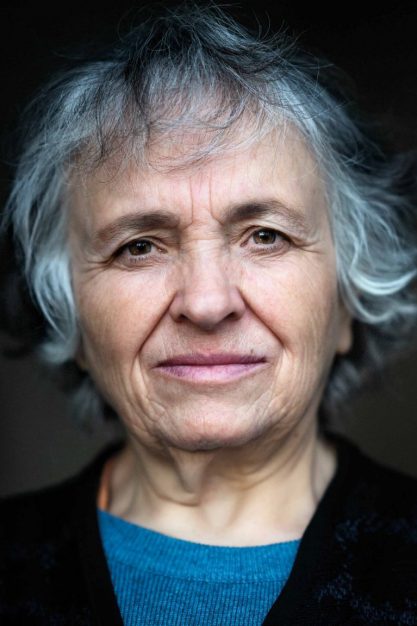
Selafet Hizarçi about experiences of discrimination
Selafet Hizarçi came to Germany from Turkey in 1969, where she immediately began to work, learn the language and started a family. As part…

Selafet Hizarçi came to Germany from Turkey in 1969, where she immediately began to work, learn the language and started a family. As part…

Selafet Hizarçi came to Germany from Turkey in 1969, where she immediatly began to work, learn the language and lateron started a family. Within…
Benno Simoni describes how he grew up and lived as a Jew in the GDR and – until the building of the Berlin Wall…
On an unusually bright morning in Berlin I was sitting alone, sipping a cup of coffee and hesitating over a loud noise. This word…
Bertolt Brecht’s poem on the difference between emigration and exile
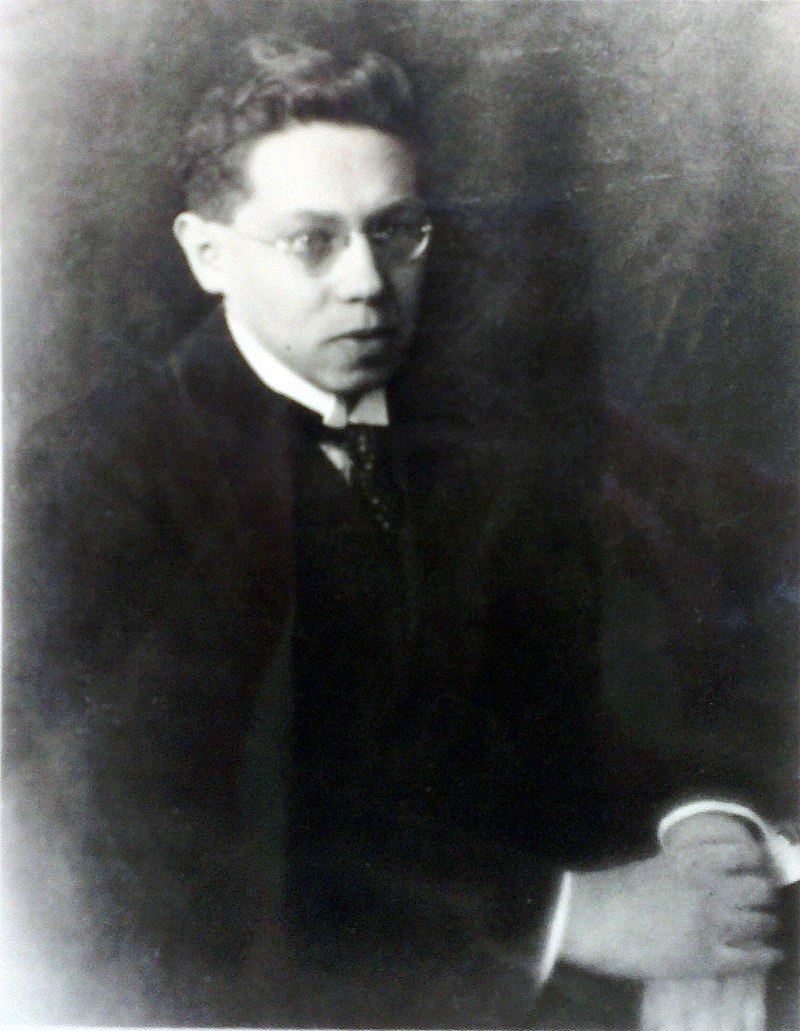
In his novel Exile, Lion Feuchtwanger describes the grim situation of the German refugee community living in Paris.
Hanna Fuchs’s poem Knigge für Flüchtlinge, which she wrote in 1945 in Switzerland under the pseudonym Hansi Fuchs, deals with important questions of her…
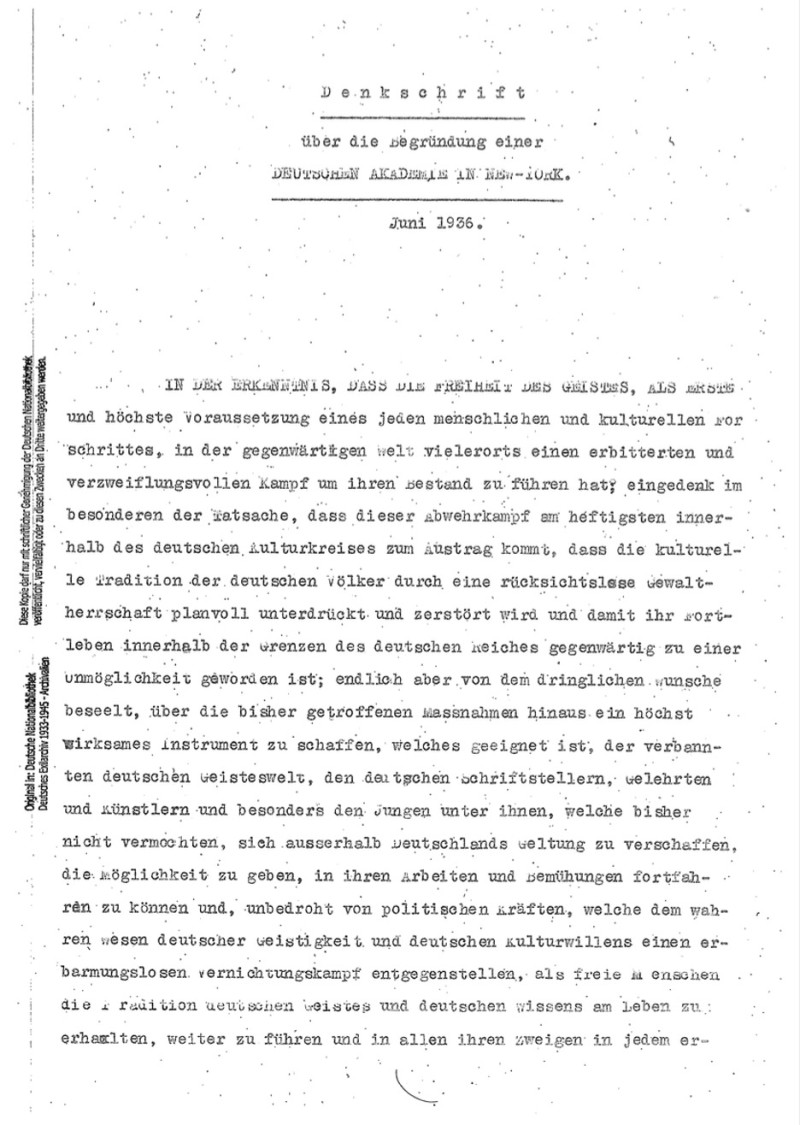
This memorandum clarifies the creation of the German Academy of Arts and Sciences together with the American Guild for German Cultural Freedom in New…
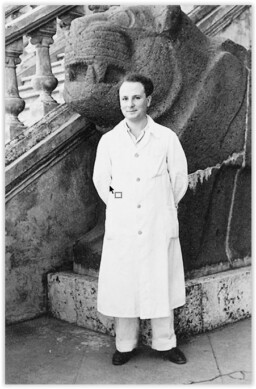
In this 1938 letter to Leonie Zuntz, Fritz Rudolf Kraus (1910–1991) describes his feelings about the exilic condition in Turkey. He wonders whether he…
After a short stay in Rome, Istanbul became a city of transit for Liselotte Dieckmann (1902–1994), a German scholar of German Studies. She lived…
In this letter, the former Berlin city planner Martin Wagner, who went to Istanbul exile in 1935, reports on his first time in Istanbul,…
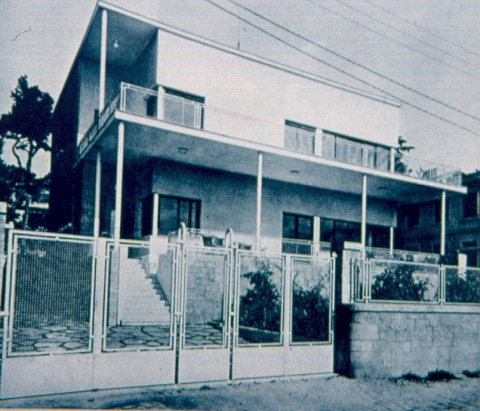
In his letter to Ernst May from 1935, the former Berlin city planner Martin Wagner, who went to Istanbul exile in 1935, reports on…

Hertha Nathorff, née Einstein (1895-1993) was a German pediatrician, psychotherapist and social worker. Until 1934 she worked as a senior physician at the Red…
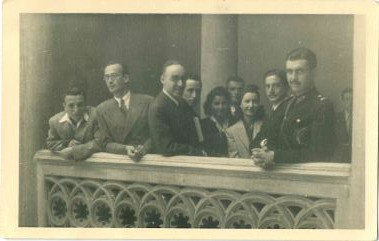
Ernst E. Hirsch reflects on his privileged emigration to Istanbul with the help of the Notgemeinschaft deutscher Wissenschaftler im Ausland (Emergency Society of German…
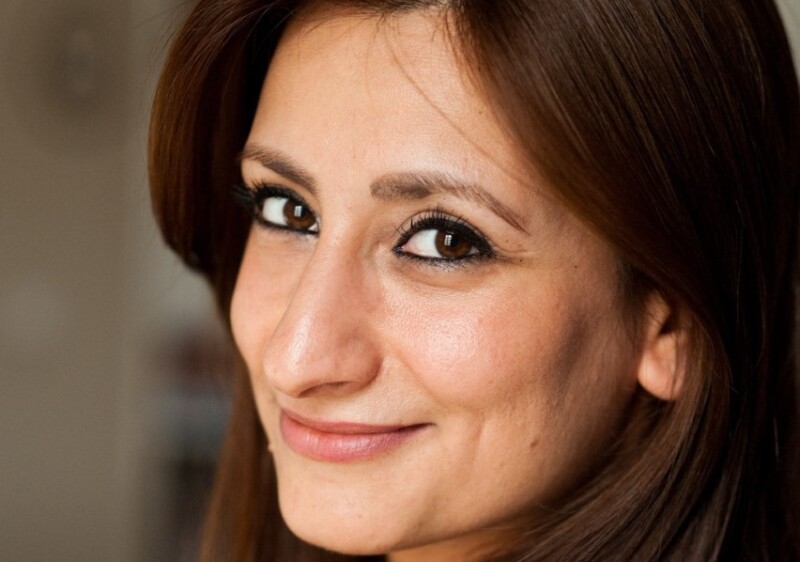
The Syrian-Kurdish writer Widad Nabi has been living in Germany for 5 years. She does not see any distance between her and her German…
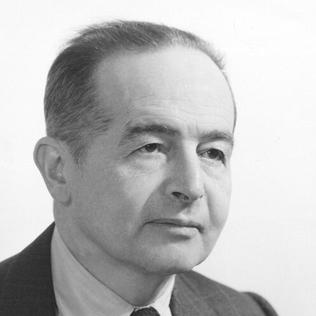
Berlin-born Romance philologist, literary and cultural scholar Erich Auerbach (1892-1957), now considered the founder of the discipline of comparative literature thanks to Palestinian postcolonial…

In her essay, Alaa Muhrez not only describes her own reflections on the topics of “homesickness”, “identity” and “exile”, but also takes up the…